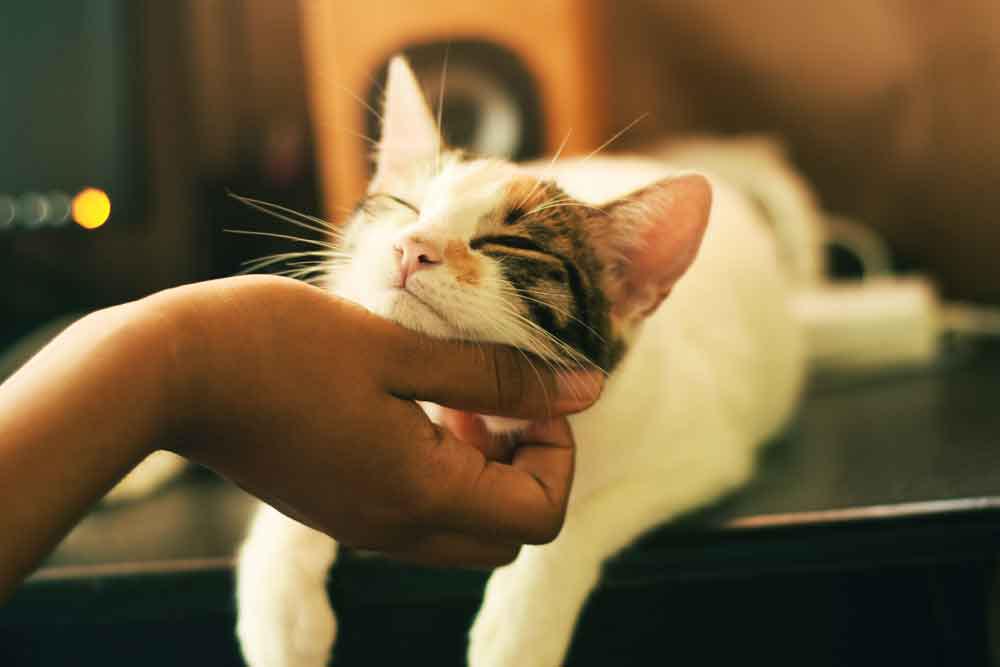Cat behavior problems can be very frustrating for human companions. Much like an eccentric roommate, it is often self-defeating to try to eliminate certain behaviors, such as scratching and pouncing. Yet, here’s 3 tips savvy cat owners can do to ease their frustration with cat behavior problems and have a chance to enjoy their feline friends.
Tip #1: Play. This is one of the most fundamental behaviors of all mammals. Not only is play fun, but it is necessary for the emotional well-being of both humans and cats. Through play, cats use up some of the energy that might otherwise be used for problematic behavior. Even more important, play develops a social bond between cat and its human companion. This connection develops trust and mutual good feelings.
Play can also be used as a training tool. By not allowing the cat to swipe at ankles, toes or fingers during play, the cat owner can shape the overall behavior of their cats. Thus, it is important that cat owners model good behavior during play and not allow behavior that would be problematic outside of playtime.
Tip #2: Positive feedback. Unlike dogs, cats do not have an innate desire to please. This makes overt signs of human displeasure, such as scolding, ineffective. Instead, savvy cat owners can use the pleasure principal to reduce cat behavior problems and shape more agreeable behavior in their feline friends. Since pleasure is preferable to pain, cats and humans alike tend to act in ways that increase their pleasure and reduce their pain.
Thus, rewarding a cat with treats or affection can increase the frequency of desired behavior. Also, by focusing on the positive, the cat owner is likely to enjoy their cat more, changing their perspective regarding their pet from being a source of frustration into a source for pleasure.
Tip #3: Consult with a veterinarian. Unfortunately, some cat behavior problems have underlying medical or psychological issues. This is especially true if there is a sudden behavioral change in the cat. Overt and unexplained aggressiveness could suggest a hormonal imbalance, which can be treated with proper medicine. And while cats may demonstrate finickiest in regards to food, a sudden loss of appetite deserves a medical check-up.

